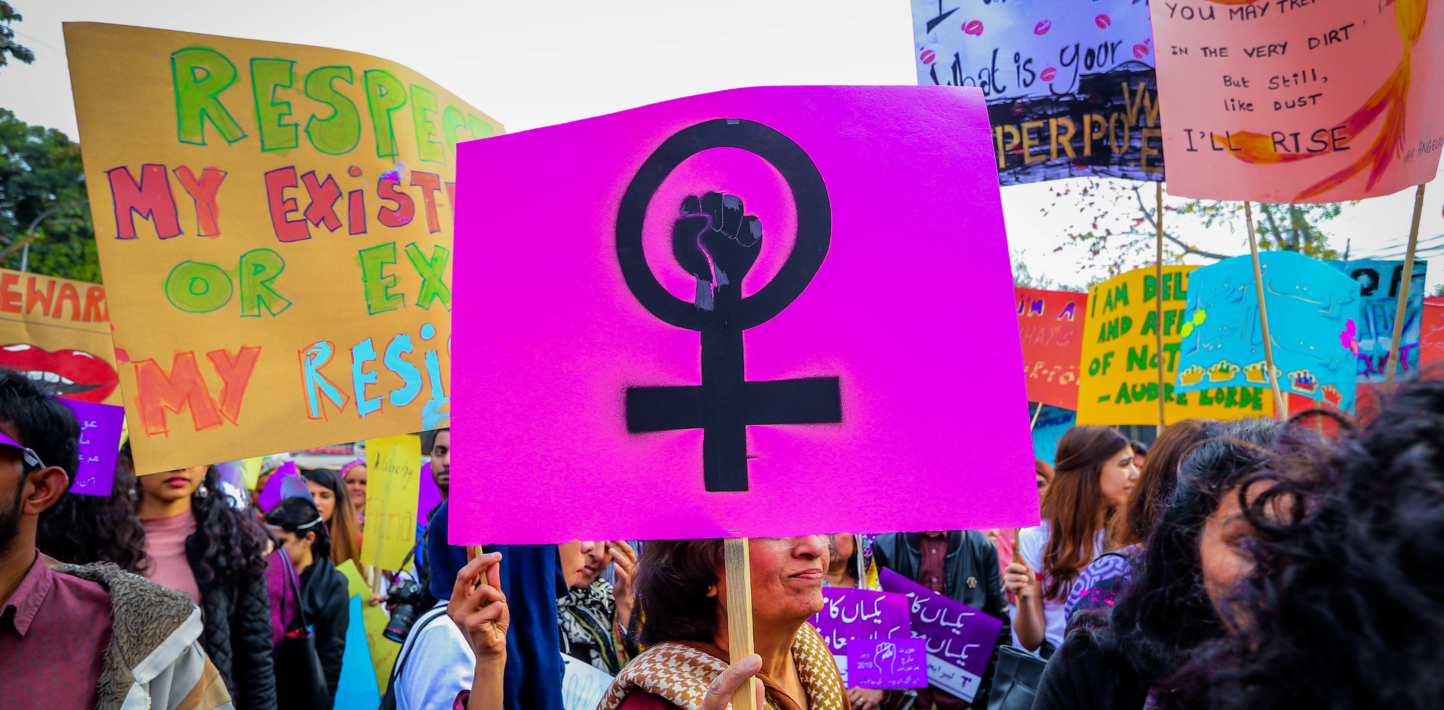[Women] Human Rights Defenders are ordinary people who do extraordinary things. They work peacefully for the rights of others to help build civil and just societies.
Mary Lawlor, Special Rapporteur on the Situation of Human Rights Defenders
Who are Women Human Rights Defenders?
Women human rights defenders (WHRDs) is an inclusive term used to represent the struggle for the recognition of unique challenges faced by women and people of all genders, who engage in the defence of human rights including but not limited to women’s rights and gender and sexuality related issues.
Across the globe, WHRDs are the increasing targets of gender-specific discrimination and violence ranging from: sexual assault, targeting of loved ones, digital threats, defamation and smear campaigns, exclusion, marginalization, underfunding, intimidation, criminalization, hostility by state authorities, community groups and the public, and even being killed for their campaigning.
The United Nations Human Rights Office of the Human Rights Commissioner (OHRC) outlines that the specific challenges, risks and violations faced by WHRDs are often due to:
- who they are (women, girls, gender diverse, trans etc)
- who they identify with or are a part of (gender rights movements)
- what they are working to advance (such as the human rights of women and gender diverse communities)
What challenges are Women Human Rights Defenders facing in Canada?
[There is] a need to support women human rights defenders in peril, particularly when they arrive on Canadian soil. Existing systems are inadequate, and we need practical solutions to support WHRDs
Ketty Nivyabandi, WHRD and Secretary General, Amnesty International Canada
To escape the threat of violence and human rights abuses, many WHRDs increasingly seek exile in Canada with the idea in mind that Canada will be a safer more welcoming space for them to continue their advocacy work.
The reality however is that many WHRDs face barriers on their arrival, just like other newcomers, such as lengthy Canadian immigration processes, discriminatory behaviour from government and immigration officials, discrimination in employment practices, trauma, and mental health challenges.
They also face unique challenges as WHRDs including safety concerns and continued threats to them and their loved ones, loss of existing networks and having to start their advocacy work from scratch in Canada. These risks and barriers are even greater for WHRDs with intersecting identities especially those who are Black, Indigenous, racialized or gender diverse.
TAKE ACTION
WHRDs must be celebrated and supported for their courageous work and advocacy, especially those belonging to the most marginalized communities both in their home countries and in Canada.
We must show WHRDs that they are not alone in their struggle for the promotion and protection of human rights both while in exile in Canada!
Share the suggested tweets or write your own tweets and messages with the hashtag #SupportWHRDS
SOLIDARITY WITH WOMEN HUMAN RIGHTS DEFENDERS IN EXILE IN CANADA
Community Based Support
Continue to express your solidarity by attending ongoing protests and by joining solidarity events in your area or even create your own initiatives.
Learn More
In March 2023, Secretary General Ketty Nivyabandi addressed the House of Commons Subcommittee on International Human Rights of the Standing Committee on Foreign Affairs in relation to the Rights and Freedoms of Women Globally and of Women in Afghanistan, Iran and Saudi Arabia where she also called on Canada to support WHRDs in exile. Watch and share the Secretary General’s remarks on social media.
For more information on this campaign, please contact our Gender Rights Campaigner at the Toronto Office: ekhokhar@amnesty.ca






















